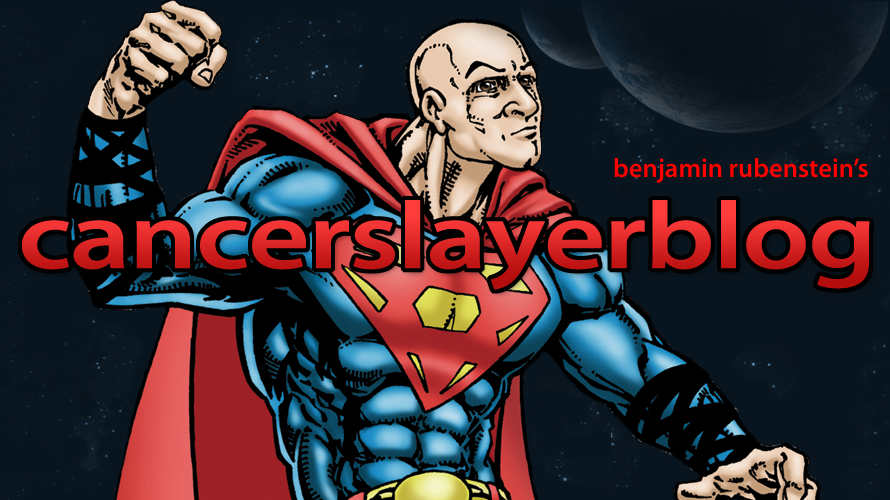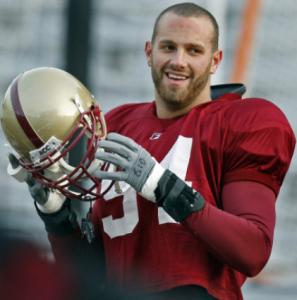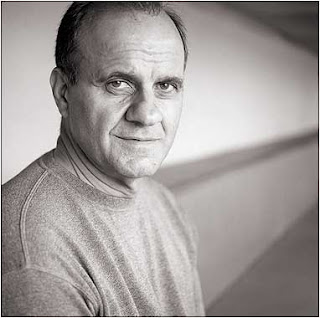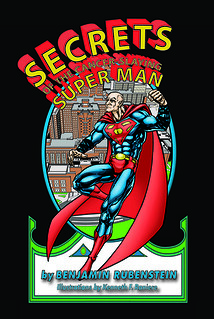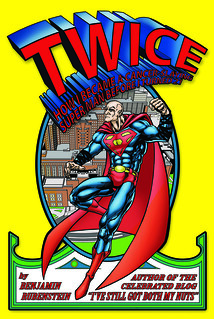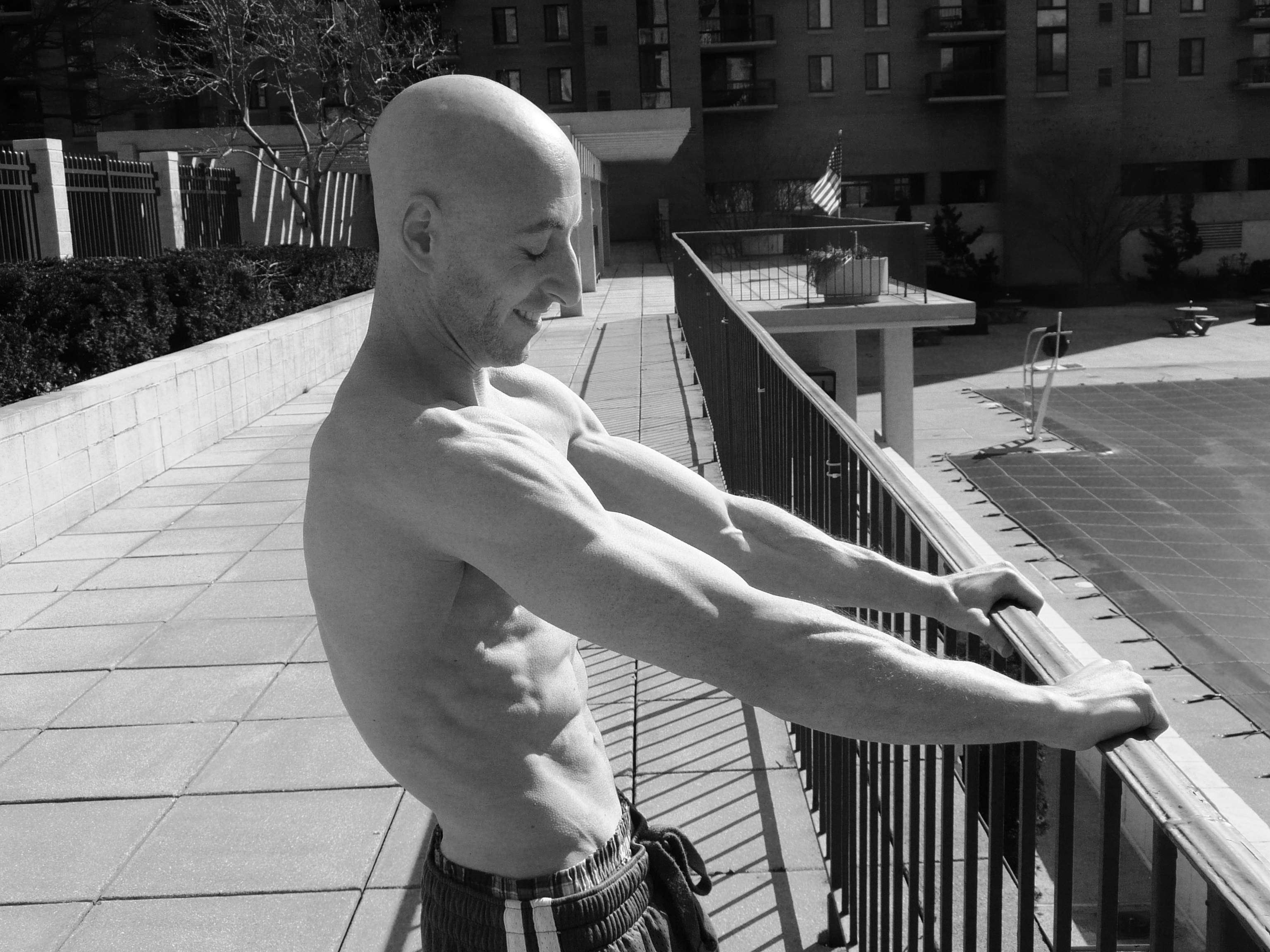In 2006, Mark Herzlich was named a Freshman All-American as a linebacker for Boston College. In 2008, he was a First-team All-American and the ACC Defensive Player of the Year. He was also a finalist for the Butkus Award—named for the nation’s top linebacker. He was a top-50 prospect for the 2009 NFL Draft, but instead returned to BC for his senior season.
That senior season had to wait because Mark was diagnosed with Ewing’s sarcoma, a rare bone cancer, in May 2009. Only 150 Americans are diagnosed with this disease each year. I was one of them in 2000.
Watch YouTube videos of Mark if you want to see an amazing story. His determination and attitude were stone cold as he endured chemotherapy, radiation, and tumor resection. He continued his physical training because, when he finished treatment, he wanted to pick up where he left off and win that Butkus Award. Hairless, Mark is seen benching 315 pounds.
His tumor developed in his femur, and so that was removed and replaced with a metal rod. Just under a year after he became cancer-free, his leg muscles bulged during a feature by Raycom Sports. Though I don’t know exactly what his surgery entailed, clearly he pushed through intense pain and physical rehab. Mark talks about putting aside fears in order to get back on the field—fears of breaking his leg, which may then never heal properly.
Mark just concluded his final regular season at Boston College, and it did not end the way he had envisioned it—he had half the number of tackles as two years ago. In an ESPN interview he said that, though he was mentally prepared to play again, his body wasn’t quite there. Survivors like me who were eternally altered by our cancer surgeries look at Mark in awe. At the same time I understand his disappointment in not returning to All-American status. He is a mental giant, and just as I expected a return to greatness on the tennis court, his crystal ball displayed an NFL starting linebacker who just happened to have a titanium leg bone.
Now that Ewing’s sarcoma has received national recognition, let’s push aside prostate and breast cancer funding and awareness campaigns. So what if those two diseases outnumber Ewing’s in annual diagnosis by hundreds of thousands.
Leia Mais…
